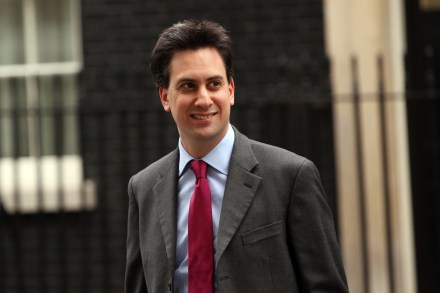The coalition can do more for less on benefits reform
There is a lot to like about Iain Duncan Smith’s new proposals for welfare reform. The chance to move towards a radically simplified benefits system is enormously exciting. As I wrote for Coffee House last week, the current system is a complete mess and failing on just about every criteria. It is so complicated that £4.5 billion a year is lost to error and fraud; working at the minimum wage of £5.80 an hour can be worth as little as 26p an hour; and too many families slip through the net so that the number living in severe poverty has actually increased from 5 to 6 per cent in the









